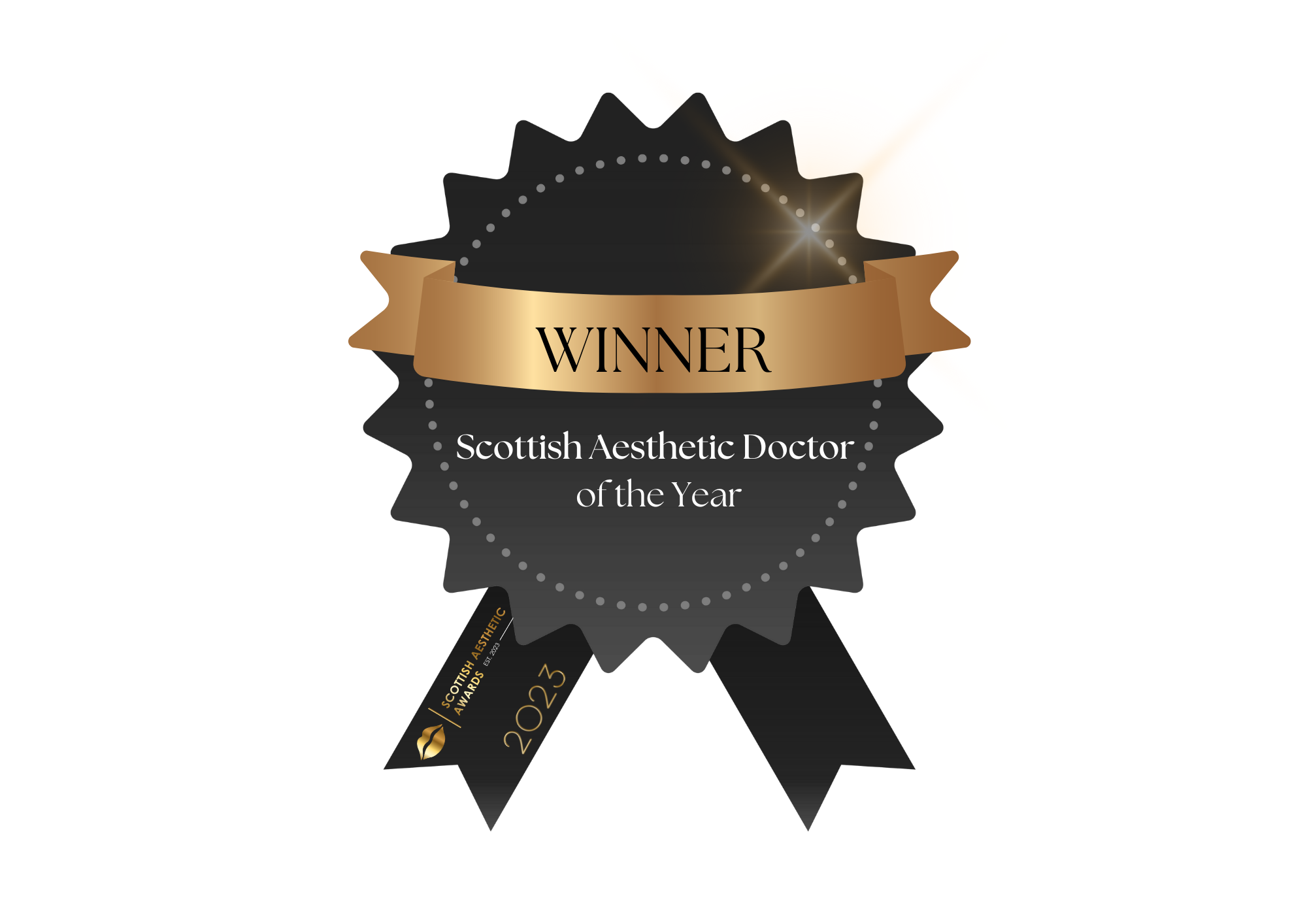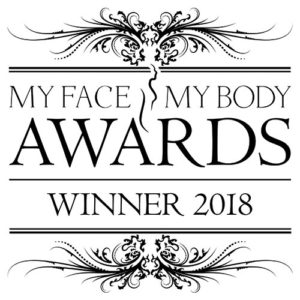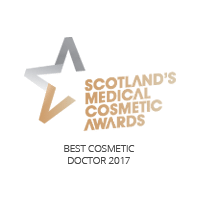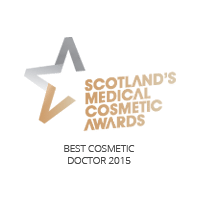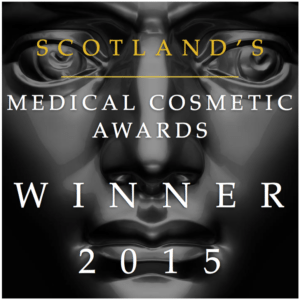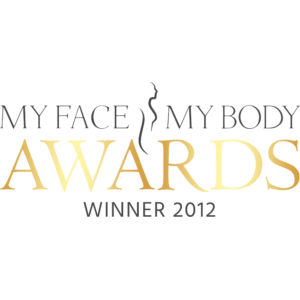What Causes Acne in Men?
If you're dealing with acne as a man, you're not alone.
From puberty onwards, acne is very common. It is estimated that more than 80% of teenagers experience it to some degree, with a peak of incidence at the age of 15. Slightly more teenage boys than girls get acne, and severe acne is also a bit more common in boys.
There is better news for men after the age of 20, since their rates fall more rapidly than they do among women, but even into their 40s more than 10% of men report problems with acne.
In both sexes acne has become even more common in western societies over the last 30 years. It is thought that this may relate to the obesity epidemic. Young people with higher body mass indexes are more prone to acne, and insulin resistance triggered by eating diets high in processed carbohydrates may be the causal link.
The timing of the onset of acne in adolescence makes clear the link to hormones, and sex hormones have significant and direct effects on the skin. The fact that the incidence of acne falls more quickly with advancing age in men than in women is almost certainly due to hormonal differences. The male hormone environment is pretty stable and constant in comparison with women, whose hormones fluctuate with their menstrual cycle which can contribute to flare ups in the condition.
Teenage girls are a bit more likely to suffer adverse psychological effects from acne, but boys suffer a lot as well, with high rates of low self esteem, social isolation, anxiety, depression and suicidal thoughts.
Although the rates of acne are similar in young women and in young men, women are about three times more likely to be referred to a specialist for treatment. While this may in part reflect an increased psychological and/or social impact on women, it almost certainly reflects men’s disinclination to seek help. Just as men may dislike seeking assistance by asking directions when they are lost, men are less likely to seek help in effective skin management when they need it more .
Options include clinically effective skincare and skin treatments that address all the underlying factors that contribute to acne -
- blocked pores
- excess oil and sebum,
- bacterial infection
- inflammation
A simple but effective skincare routine combined with light therapy has been proven to be very effective.
With acne being a chronic condition that can dramatically improve with good skin management, it is a great pity to not explore the options. If anything, treatments are even more effective in men, since hormonal fluctuations do not unduly complicate the picture. Modern treatments are effective, so modern men with acne should be taking action and seeking out these treatments.
Temple Clinic has recently been accredited as an ARAUK centre (Acne and Rosacea Association UK). This means they have been recognised as having the expertise to successfully treat problem skin. Take a look at how our acne treatments could help you.
